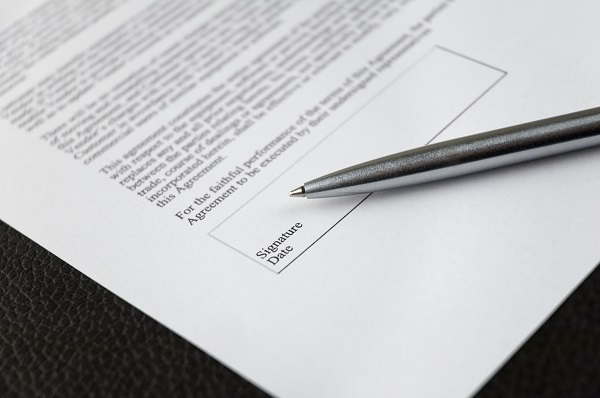
Indemnification clauses are typically included in contracts to provide assurances that a party will be compensated for loss in the event that a specific event occurs. The purpose of an indemnification provision is to transfer the risk from one party to the other. In a commercial contract, the indemnification of one party is typically bargained for to prevent the loss associated with a contractual default, a negligent act or some other form of prohibited activity.
Indemnities should not be overlooked as mere boilerplate language. Rather, indemnity clauses must be carefully designed and drafted, particularly as they relate to complex commercial transactions, to ensure that the intent of the parties is reflected in the agreement. The parties should be careful to avoid vague or overbroad language that does not adequately protect their rights. Both the indemnifier and indemnified party may consider some of the suggestions below when drafting their agreements.
Indemnifier. The party seeking to indemnify another party should focus on drafting a provision that is precise and narrowly tailored to the events for which the indemnity is provided. This entails including an explicit requirement to mitigate or compensate for loss and a clear identification of which losses are covered. For example, some indemnifications cover attorney’s fees and litigation costs, while others do not. The indemnity should be restricted to a defined period of time during which it can be exercised. In some cases, an indemnity might be unnecessary, as there are adequate means to address a default under common law remedies. These should be explored and considered prior to including indemnities in the contract.
Indemnified party. The indemnified party must ensure that he is sufficiently protected from foreseeable risks by specifically identifying the “claims” to which the indemnity applies. For example, is the indemnity triggered by a breach of any provision in the agreement or only specific clauses? The party who is indemnified may also rely on common law remedies in the event of a default such as breach of contract. The contract should clearly identify whether the indemnity entitles the party to other types of damages.
Contact Shane Coons at 949-333-0900 or visit his website at www.ShaneCoonsLaw.com to find out more about his practice.
